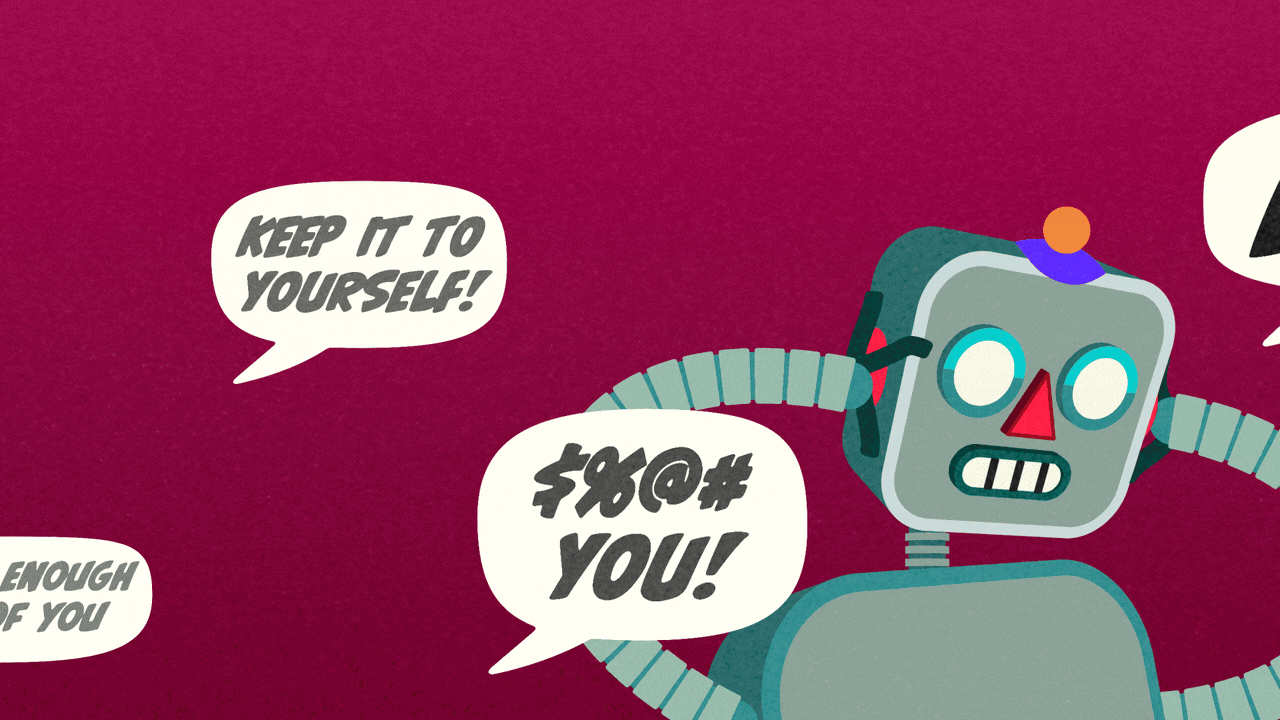
Resistance to AI is bubbling up among some workers, students, coders and creatives.
- Some are placing new value on work that’s untouched by AI.
Why it matters: The pace at which AI takes off depends in part on its users — and there’s a cohort that’s just saying no.
The big picture: Some AI resisters worry about its carbon footprint. Others take pride in human-made work and don’t trust AI’s output. Plenty just don’t want to become overly reliant on it.
- America’s “cultural commitment to rugged individualism” could be a factor, writes Julia Freehand Fisher, director of education at the Clayton Christensen Institute and author of the Connection Error newsletter.
Zoom in: “I think it’s important I do this myself” was the top reason college students in the class of 2026 gave for avoiding AI in brainstorming, writing, and research, according to a new report from Handshake, a career network.
- 49% of Gen Z-ers surveyed by Gallup and the Walton Family Foundation are worried AI will corrode their ability to think critically. 41% say generative AI tools make them anxious.
In Silicon Valley, some programmers are revolting against using AI to write code. “Partly that’s because the AI coding tools have some obvious technical limitations — sometimes producing error-ridden code,” The Information’s Rocket Drew reports. And “partly it’s because human coders worry any sort of adoption of the tools will hasten their own obsolescence.”
- Some artists, actors, writers and other creatives are expressing similar discontent. When Semafor’s Ben Smith asked author and chef Alison Roman if she uses AI for recipes, she said: “It’s the antithesis of my vibe.”
Reality check: Many of the same skeptics are also users. More than one-third of college-aged adults regularly use ChatGPT, according to OpenAI. Nearly all have at least tried it.
- 40% of U.S. workers say they’ve used AI at work a few times a year or more, Gallup found.
What’s next: AI is already embedded in the way we learn, work and live. So fully opting out isn’t really an option.
- Helen Toner, director of Georgetown’s Center for Security and Emerging Technology, tells Axios’ Megan Morrone there’s an opening for a company to develop “Al for the people” — “actually useful for things that they actually care about.”
Editorial Disclaimer:The news articles published on this website are not owned or created by us directly. We aggregate and publish news content using publicly available news feeds, and each article includes a source credit or link to the original publisher at the bottom of the post.
If any website or content owner finds that their material has been included here and does not wish for their content to appear on our platform, please contact us at [email protected] . Upon receiving your request, we will promptly remove your site from our content feed and database.
We value and respect the rights of all content creators and strive to ensure proper attribution for every piece of content shared.
